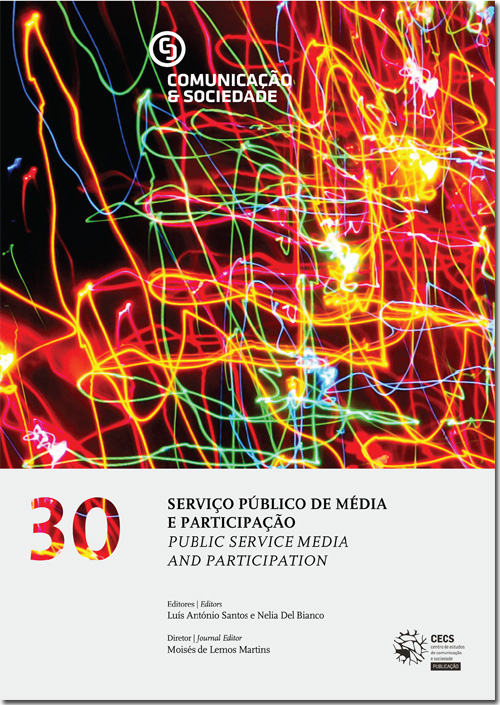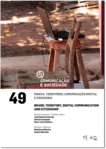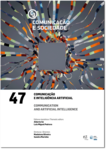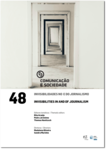Public service media and culture: music and film co-productions in Portugal and Brazil
DOI:
https://doi.org/10.17231/comsoc.30(2016).2504Palavras-chave:
Public service broadcasting, film co-productions, culture, Portugal, BrazilResumo
This article aims at analyzing the Portuguese-Brazilian co-productions in film and music, as expressions of a multicultural cross-mapping between the two countries. Starting from the idea that there is greater structural concern regarding culture in public service media, we will be looking at both Portuguese and Brazilian cultural industries and their involvement in public radio and TV. We will take into account the fact that Brazil is characterized by vibrant, broad and massive cultural, and its international distribution capacity is much deeper than the other Portuguese speaking countries. Brazil is exporting much of its music and films to Portugal, which in recent years has found a strong support by the young adult audience. The Portuguese public radio has demonstrated considerable absorptive capacity of Brazilian musical products and Portuguese public TV has grouped with Brazilian production companies and TV channels in order to co-produce films together. Does this joint venture stimulate cultural industries in music and cinema in Portugal and Brazil? Does it increase the number of cultural products that circulate between the two countries? And does it help to intensify a dialogue between them? These research questions will trigger a few clues to understand this cultural bilateral topic.
Downloads
Downloads
Publicado
Como Citar
Edição
Secção
Licença
Os autores são titulares dos direitos de autor, concedendo à revista o direito de primeira publicação. O trabalho é licenciado com uma Licença Creative Commons - Atribuição 4.0 Internacional.











